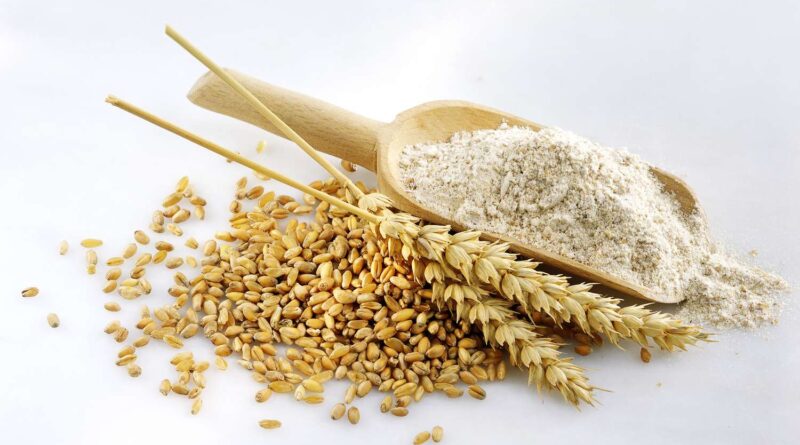Govt may sell wheat to cool prices, Shah reviews food stocks
By Zia Haq
An interministerial committee headed by home minister Amit Shah reviewed the position of wheat inventories in state-owned granaries, which are “sufficient” to initiate sales to bulk buyers such as millers and biscuit makers — a step the government is considering to calm prices, a person aware of the development said.
The panel, which comprises the ministers of food and commerce, among others, met under the chairmanship of Shah to review prices of essential commodities. The Pralhad Joshi-headed food ministry said the government’s wheat reserves were adequate to intervene in private markets, a policy measure to boost supplies, after meeting all requirements of food-security programmes.
The Food Corporation of India (FCI), the Centre’s main grain-handling agency, has procured 26.6 million tonne of winter-sown wheat till June 18, marginally higher than last year’s 26.2 million tonne, the panel was told. This is however lower than the procurement target of 30-31 million tonne.
The government requires 18.4 million tonnes to cater to the public distribution system, under which 800 million people are given free grains, and other food-based welfare schemes, the food ministry said in the meeting. So, there is a surplus available, after adjusting for buffer or emergency reserves, to release wheat into the open markets.
Shah asked officials to utilise “suitable policy interventions to ensure price stability”, the person familiar with the matter said. Last year, the government sold nearly 10 million tonne of wheat from its stocks to curb prices.
Although headline consumer inflation eased to a 12-month low of 4.75% in May from a year ago, food prices remained sticky at 8.69%, driven by cereals and pulses, according to latest official data. Wheat prices were up nearly 6%.
The winter staple has become costlier despite new-season harvests touching a record 112 million tonne this year, according to official estimates. The government had banned exports of the grain in 2022 after a price spiral due to brisk overseas sales amid a drop on output due to extreme weather.
Last week, the government said it isn’t looking to slash effective duties of nearly 44% on imports of wheat but warned of tough measures against hoarding.
This article has been republished from The Hindustan Times.

